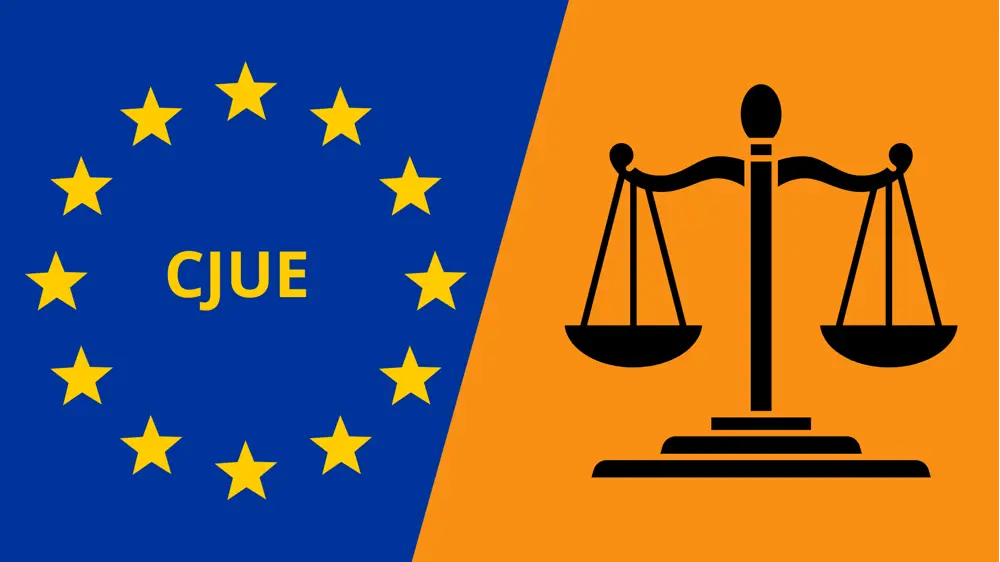The facts at the origin of the dispute
Two executives of a group of investment companies asked Google to derefer results from a search performed using their names, which included links to certain articles that critically presented the group's investment model. They argue that these articles contain inaccurate claims.
Google has refused to act on these claims, referring to the professional context in which these articles were written and arguing that it ignores whether the information contained in the articles is accurate or not.
The contributions of the CJEU: a strengthening of the right to be forgotten
The balancing of interests
The right to oblivion or right to erasure is provided for in Article 17 of the GDPR. It allows the person concerned by a processing operation to request the deletion of personal data concerning him/her.
The Court of Justice first recalls that the right to protection of personal data is not an absolute right but must be considered in relation to its function in society and be balanced with other fundamental rights, in accordance with the principle of proportionality.
This is the case for the right to freedom of expression. Indeed, the General Data Protection Regulation (GDPR), in its Article 17, expressly provides that the right to erasure is excluded when the processing is necessary for the exercise of that right.
On the other hand, the CJEU emphasizes that the right to freedom of expression and information cannot be taken into account where some of the information contained in the referenced content that is not of minor importance is found to be inaccurate.
The obligations of the dereferencing applicant and the search engine publisher
It is up to the dereferencing applicant to establish the obvious inaccuracy of the information, without being required to produce a court decision against the publisher of the website in question. In any event, the claimant must provide strong evidence of the manifest inaccuracy.
At the same time, the search engine publisher is also under an obligation to verify whether the content can remain in the list of search results. Therefore, in the context of a request for de-listing, the **search engine publisher must based itself on all the rights and interests at stake and on all the circumstances of the case in question. This obligation may not, however, extend to an active role in the search for elements that are not supported by the delisting request.
The Court therefore emphasizes that when the applicant presents relevant and sufficient evidence, capable of supporting its claim and establishing the manifestly inaccurate nature of the information contained in the referenced content, the search engine operator is required to grant that claim.
A ruling in line with the two decisions against Google in 2019
In a "Google Spain" ruling, the Court of Justice of the European Union in 2014 enshrined the right to dereference based on the provisions of Articles 12(a) and 14, paragraph 1(b) of Directive 95/46 of 24 October 1995.
In 2019, the Court of Justice then extended the right to dereferencing to web pages publishing so-called "sensitive data "**. In a second ruling of the same year, the CJEU delimited the geographical scope of the right to be forgotten, opening, under certain conditions, the obligation of dereferencing on a global scale.
Enshrined in the General Data Protection Regulation, the CJEU is progressively broadening the scope of the right to be forgotten, while strictly delimiting the conditions under which this right can be exercised.
